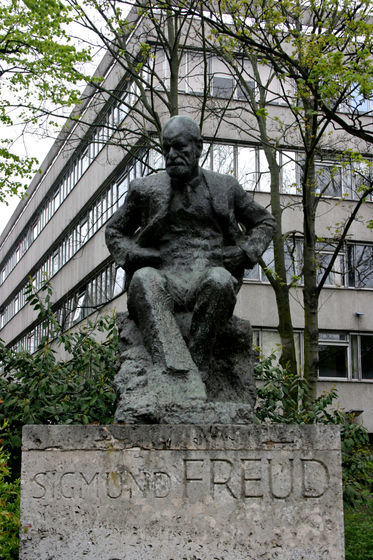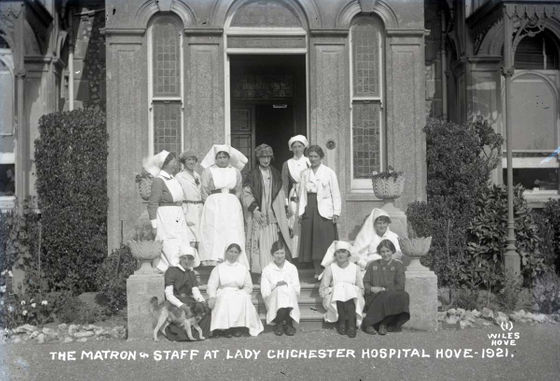What are the doctors who laid the foundations for mental health care based on the lessons learned from World War I?

by
Around 1920, when World War I ended, the symptoms of soldiers who were mentally injured in the harsh battlefield were called bullet shocks, and it was thought that the impact of the explosion damaged their brains. History Today, a monthly magazine dealing with history, summarizes the activities of British doctors who made efforts to realize a society where everyone can receive mental health care in such an era when mental health care is underdeveloped. increase.
The Lessons of Shell Shock | History Today
https://www.historytoday.com/history-matters/lessons-shell-shock
◆: Hugh Crichton-Miller
Founded in London on September 27, 1920 by Scottish psychiatrist Hugh Crichton-Miller , the Tavistock Clinic is one of the first outpatient psychiatric institutions in the UK. Six psychiatrists, including Crichton-Miller, worked as pro bono , a free service specialist, to treat patients with what was then called 'functional mental illness.' The Tavistock Clinic's consultation fee is free, and only those who can afford it are charged 5 shillings (about 1000 yen when converted to modern currency value) per consultation.
Crichton-Miller began doing these activities in 1914 when he volunteered to join the British Army Medical Forces . At this time, Sigmund Freud 's psychotherapy given to soldiers suffering from bullet shock was effective, and Crichton-Miller said, 'We should make the general public receive mental treatment.' I became convinced.

by
◆: Grafton Elliott Smith and Tom Hazaley Pair
Advanced ideas such as Crichton-Miller are also found in the 1917 book Shell Shock and Its Lessons by Grafton Elliot Smith .
Smith, an anatomist, and his colleague, psychologist Tom Hazarley Pair , wrote in their book 'Lessons of War' from their experience working in a military hospital on the outskirts of the city of Liverpool in northwestern England. In order not to waste it, we must apply psychological treatments that have been effective for soldiers to civilians. ' Before the war, people suffering from anxiety disorders, insomnia, and depression were prescribed sleeping pills made from medicinal herbs, but it was Smith and others who made a difference in this situation. It can be said that it is big.
◆: Helen Boyle
Helen Boyle was one of the first doctors to look at mental and neurological disorders in women and children. Boyle, who worked in London's shantytown East End at the end of the 19th century, learned how social distress and stress afflicted people there, and then in 1905 healed a woman near his home for free. We have opened a small hospital with several tens of beds. Boyle said, 'Life in the countryside seems to be fascinating, but people who lived in the city are now suffering from the sound of chickens instead of the sound of car motors.' It is said that he told.
Boyle, who served as a surgeon in Serbia during World War I, began raising funds in 1918 when he returned from the battlefield to establish a large facility to treat mental illness. In 1920, he opened Lady Chichester Hospital near the villa. Boyle's Lady Chichester Hospital expanded to 50 beds in 1928 with outpatient facilities and a community psychiatric system, making it one of the UK's leading psychiatric facilities at the time.

Related Posts:
in Note, Posted by log1l_ks







